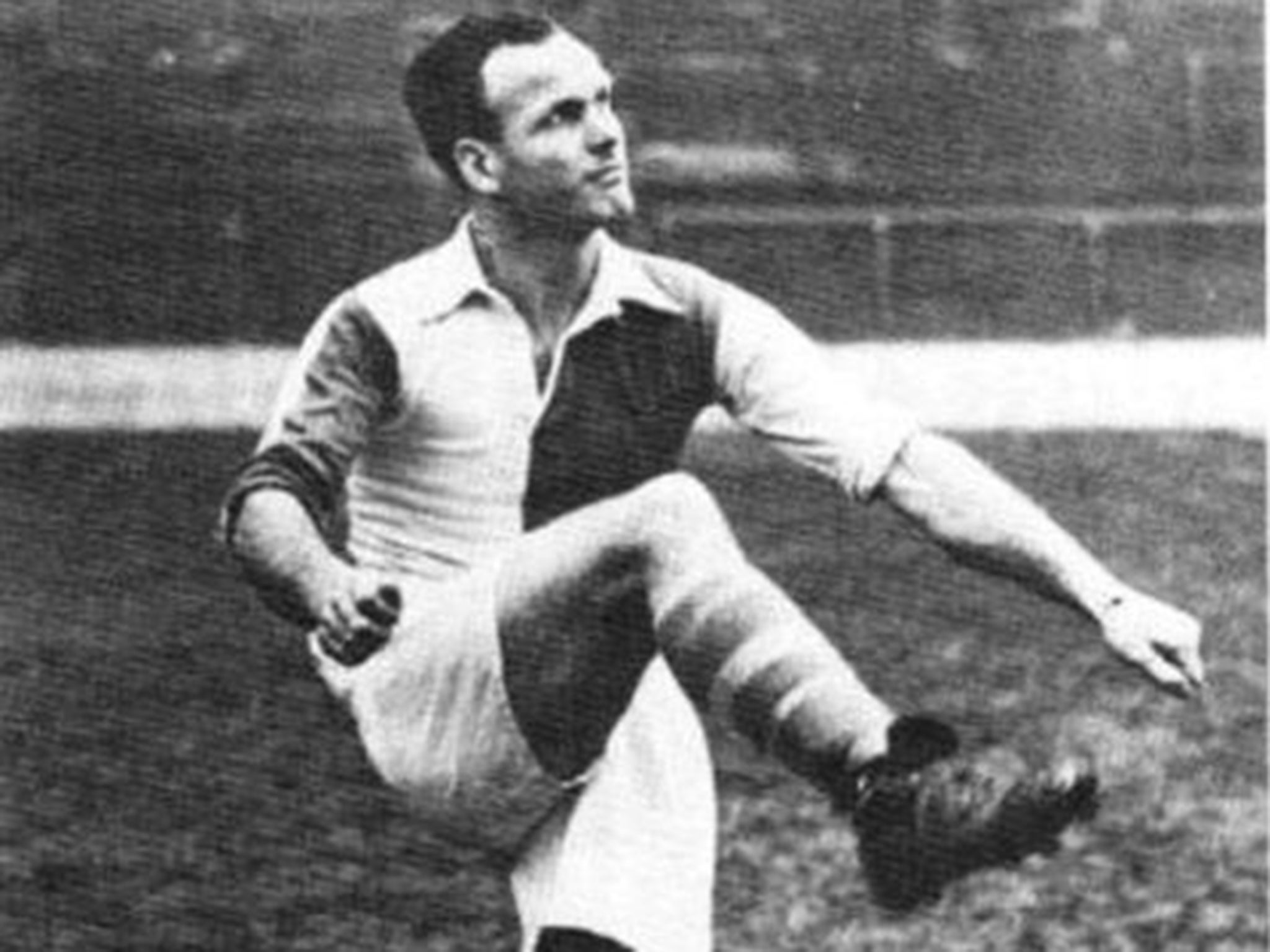Ron Suart: Versatile defender who later managed, helping to take Chelsea to glory in the FA Cup and Cup-Winners' Cup
Suart was an astute reader of the game and an excellent timer of tackles

It would be a monstrous injustice if Ron Suart, an unassuming but passionate football man to his very marrow, were to be blamed for presiding over the 1960s demise of Blackpool as one of the most glamorous sporting institutions in the land, or the relegation of Chelsea from the top division midway through the following decade.
In the case of the Seasiders, he was unfortunate twice over. Firstly, he was following in the footsteps of long-serving Joe Smith, who had been in charge at Bloomfield Road when the club, featuring the incomparable Stanley Matthews et al, had captured the public imagination by winning the FA Cup in gloriously sentimental circumstances while riding tolerably high in the League table.
Secondly, Suart was holding the reins when the abolition of the maximum wage in 1961 concentrated power in the hands of the wealthy, big-city clubs, encouraging the best players to leave the likes of Blackpool, whose fortunes dipped with poignant inevitability.
At Chelsea, too, he was on a hiding to nothing, being promoted from assistant manager to manager following the sacking of Dave Sexton. Inheriting a team in turmoil, he again found himself in authority at the end of a cycle of euphoric success.
Suart had entered the professional game by signing for Blackpool as an adaptable 18-year-old defender in December 1938 and had progressed to the periphery of Smith's exhilarating side when Hitler invaded Poland and normality was suspended in 1939.
Operating mainly in his preferred position of centre-half, Suart developed promisingly in emergency wartime competition and made his senior entrance in an FA Cup victory at Wrexham in January 1946. Soon, though, he was displaced by newcomer Eric Hayward before he returned in the spring of 1947 as a left-back.
Tall and lithe, an astute reader of the game and an excellent timer of his vigorous tackles, he was the regular incumbent of the tangerine No 3 shirt in 1947-48, playing a prominent role in reaching the FA Cup final, only to miss the Wembley encounter with Manchester United through injury.
He bounced back resiliently in the next season, only to be replaced subsequently by the emerging Tommy Garrett and, after 113 appearances, was sold to Blackburn Rovers of the Second Division for £12,000 in September 1949.
After initially understudying Billy Holt in central defence, Suart switched successfully to right-back, helping to reach the last four of the FA Cup in 1952 (Blackburn lost to Newcastle United after a replay), tallying nearly 200 games for Rovers before becoming player-manager of non-League Wigan Athletic in 1955.
One year on, his burgeoning promise as a coach – he was particularly good with youngsters, a stern disciplinarian but with a fatherly twinkle in his eye – earned him a move to Scunthorpe United, whom he guided to the championship of the Third Division South in 1958. That was enough for Blackpool to take Suart back to Bloomfield Road as manager that summer, and he made a sprightly start, leading his new charges to the FA Cup quarter-finals and to eighth place in the top-flight table in his first campaign.
Though he had some tremendous footballers at his disposal – the ageing but still potent Matthews, England full-back Jimmy Armfield, Scotland attacker Jackie Mudie and his strike partner Ray Charnley among them – a gradual decline set in, brought about mainly by factors beyond his power to change. Even so, he oversaw the development of future England stars Alan Ball and Emlyn Hughes. He led Blackpool to the League Cup semi-finals of 1962, and he kept them clear, often marginally, of the relegation mire through the first six seasons of the decade.
However, in January 1967, with the Seasiders bottom of the table with only four victories in 27 matches, Suart resigned, four months ahead of his team dropping into the Second Division. Still, though, Suart was held in colossal respect throughout football and that April Tommy Docherty took him to Stamford Bridge as his assistant. In the following autumn he took over briefly as caretaker manager following the resignation of the turbulent Scot, after which he became an effective No 2 to Sexton, having enormous input into the Blues' lifting of the FA Cup in 1970 and the European Cup-Winners' Cup a season later.
When things turned sour for Sexton in October 1974, Suart took command of a failing team doomed to demotion, stepping aside in favour of Eddie McCreadie three games from the end of the campaign. Rightly untainted by Chelsea's demise, he became general manager until 1978, then served as chief scout until 1983.
Later he was a talent-spotter for Portsmouth and Arsenal, then spent 10 years scouting for Wimbledon until bowing out, aged 81, in 2002, having been a colossal credit to the game which had dominated his life.
IVAN PONTING
Ronald Suart, footballer and manager: born Barrow-in-Furness, Lancashire (now Cumbria) 18 November 1920; played for Blackpool 1939-49, Blackburn Rovers 1949-55; managed Blackpool 1958-67, Chelsea 1974-75; died 25 March 2015.
Join our commenting forum
Join thought-provoking conversations, follow other Independent readers and see their replies
Comments
Bookmark popover
Removed from bookmarks